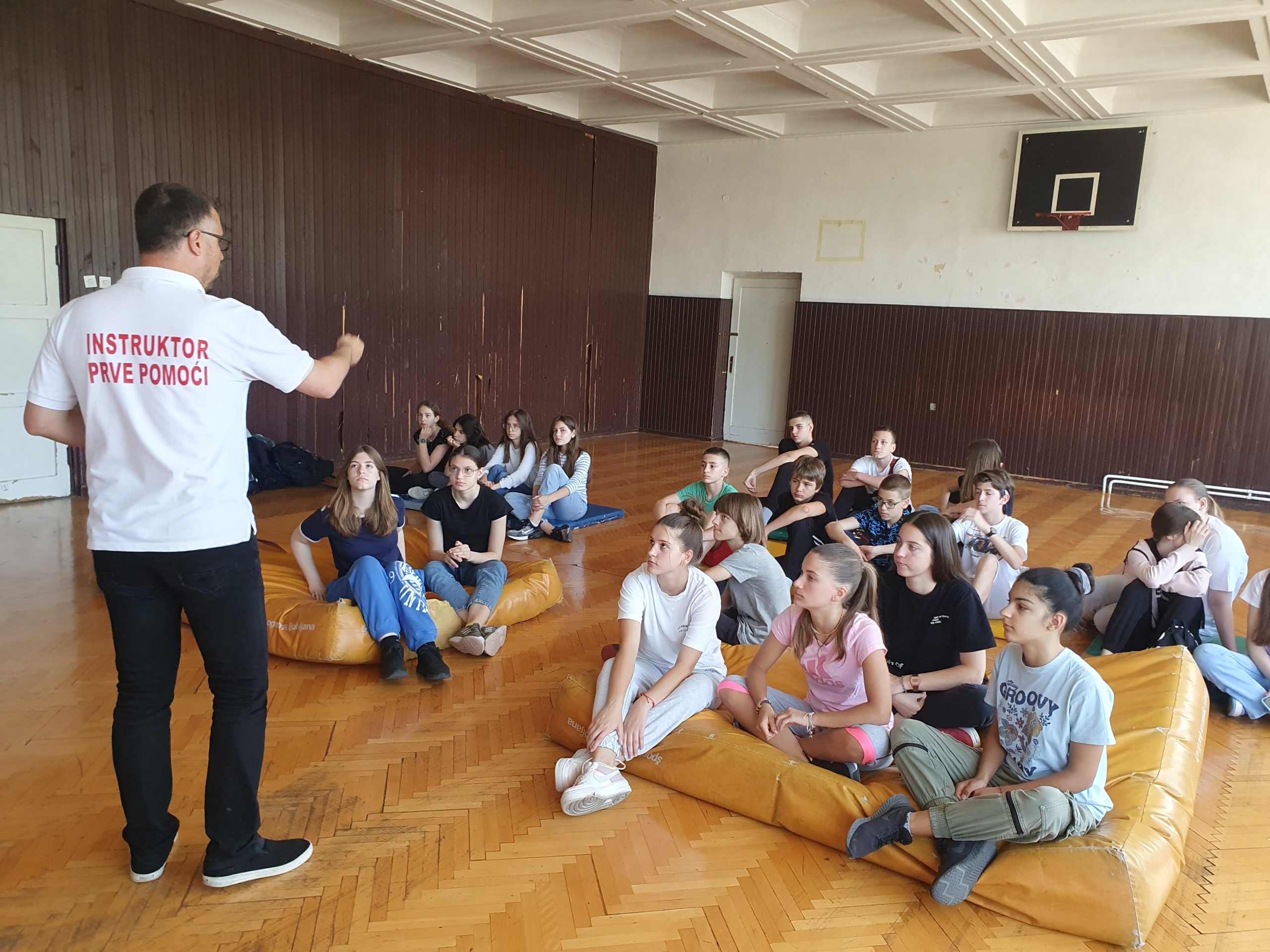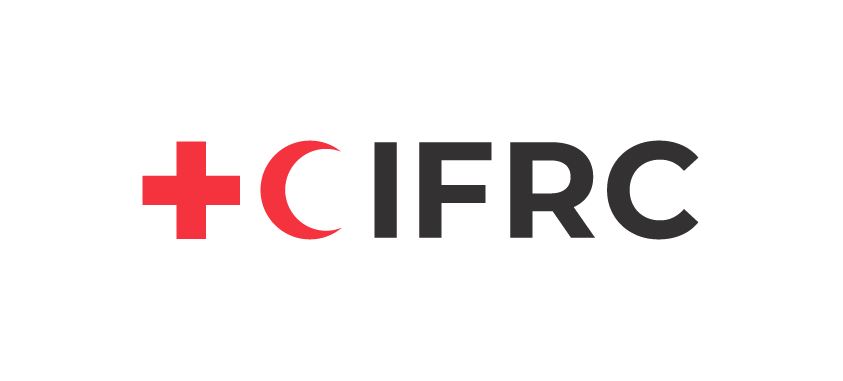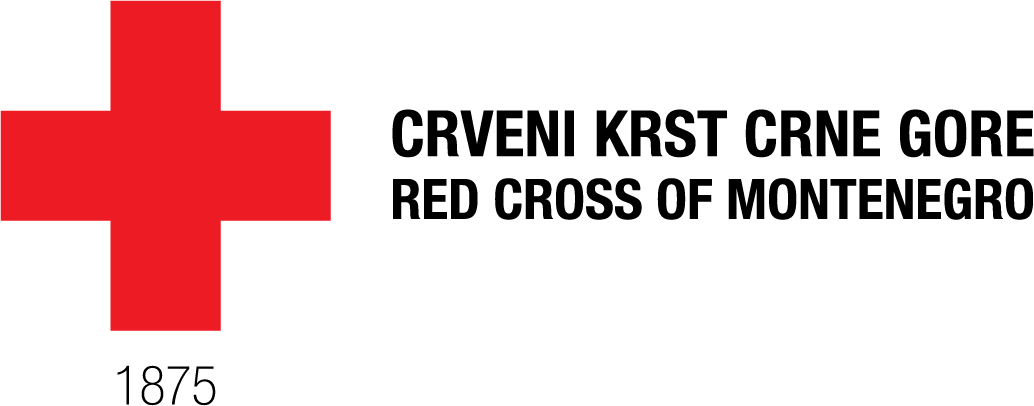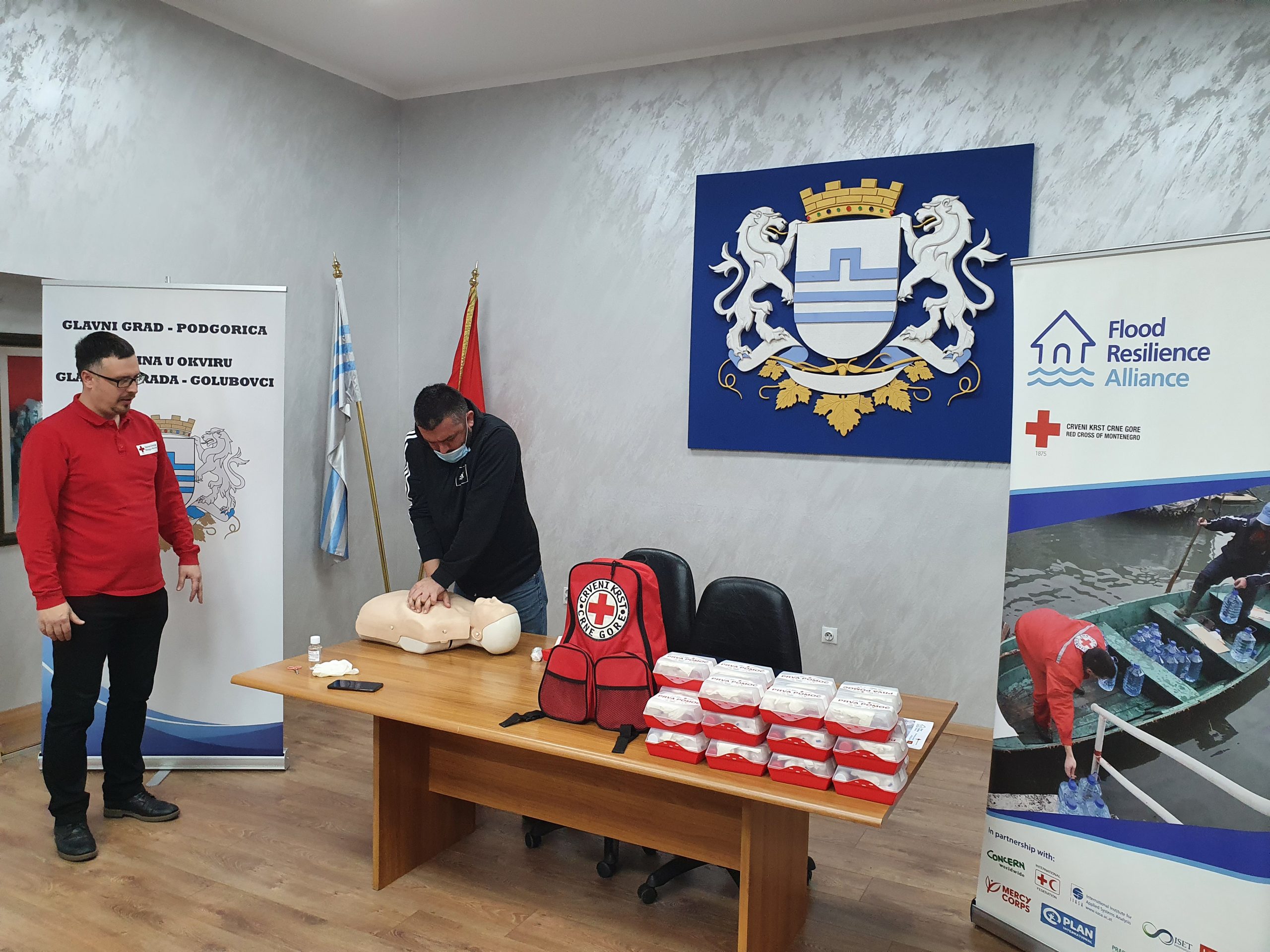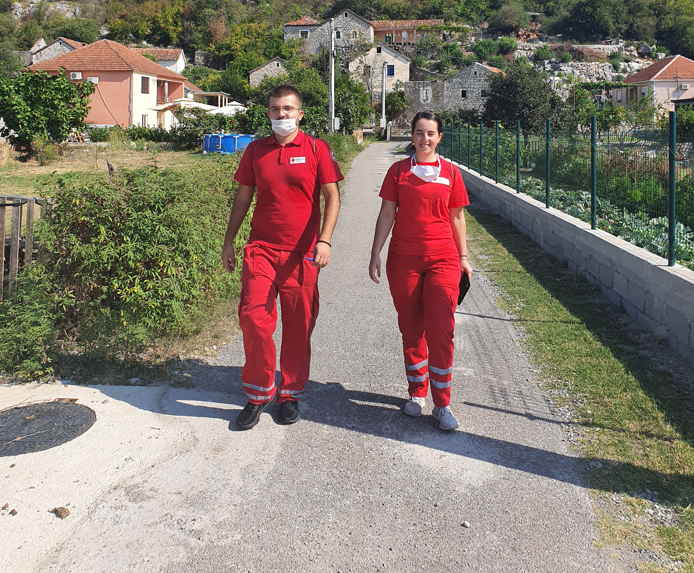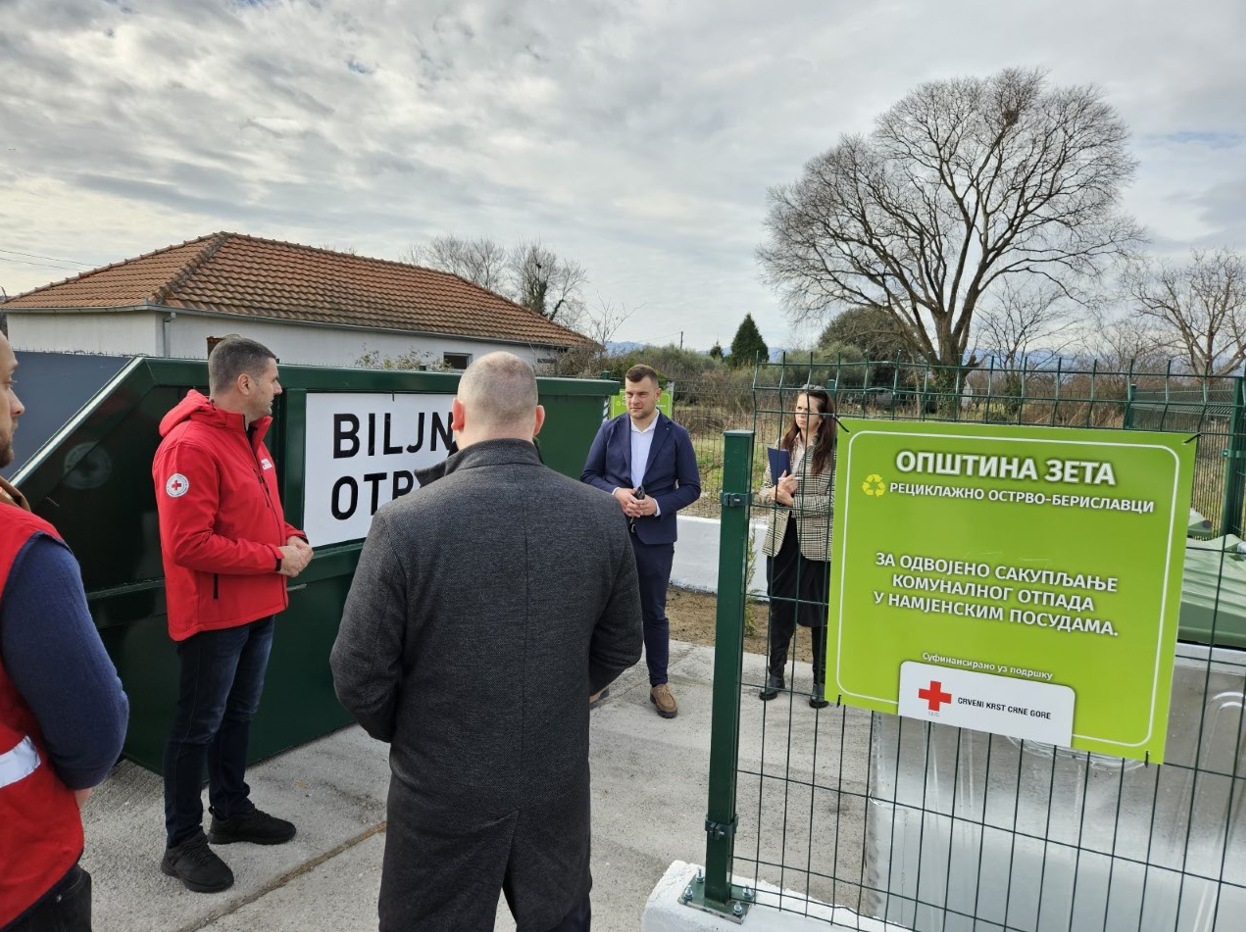Our impact so far
Flooding is the most common climate hazard in Montenegro, causing significant economic, ecological, social and health damage every year. Heavy and/or constant rainfall and snowmelt leads to a sudden rise of water levels in rivers and lakes. Skadar Lake, on the southern border of Montenegro, is an area of high flood risk. While the majority of water inflow comes from Montenegro, overflow water drains into the Adriatic Sea on the Albanian side of the lake. However, the capacity of the Bojana River to absorb excess water from Skadar Lake is often limited, causing greater flooding around the lake. The most severe floods were experienced in 2010 and 2011, when half-century records of water levels in rivers and Lake Skadar were reached.
The Red Cross of Montenegro focused local community resilience activities on primarily rural areas in the Zeta Municipality. At the community level, the program increased individual and household resilience by strengthening flood risk awareness and local capacities to prepare for and respond to floods, particularly through disaster risk reduction and first aid trainings with adults and youth. At the same time, the Red Cross of Montenegro worked with communities and local authorities to rehabilitate, strengthen and build local infrastructure, including a flood protection wall, canal cleaning activity and installation of green island waste management stations. By aligning local flood resilience priorities with those interventions proposed in Local Flood Protection Plans, the program facilitated a successful collaboration between the Red Cross of Montenegro and the Zeta Municipality. This approach allowed for a greater impact through co-financing as well as a sustainable model for advocating for flood resilience action. The Flood Resilience Program leveraged the unique position of the Red Cross of Montenegro to influence national strategy and resource allocation, such as the National Disaster Risk Reduction Strategy, particularly through sharing insights and best practice and elevating community needs, priorities and capacities.


